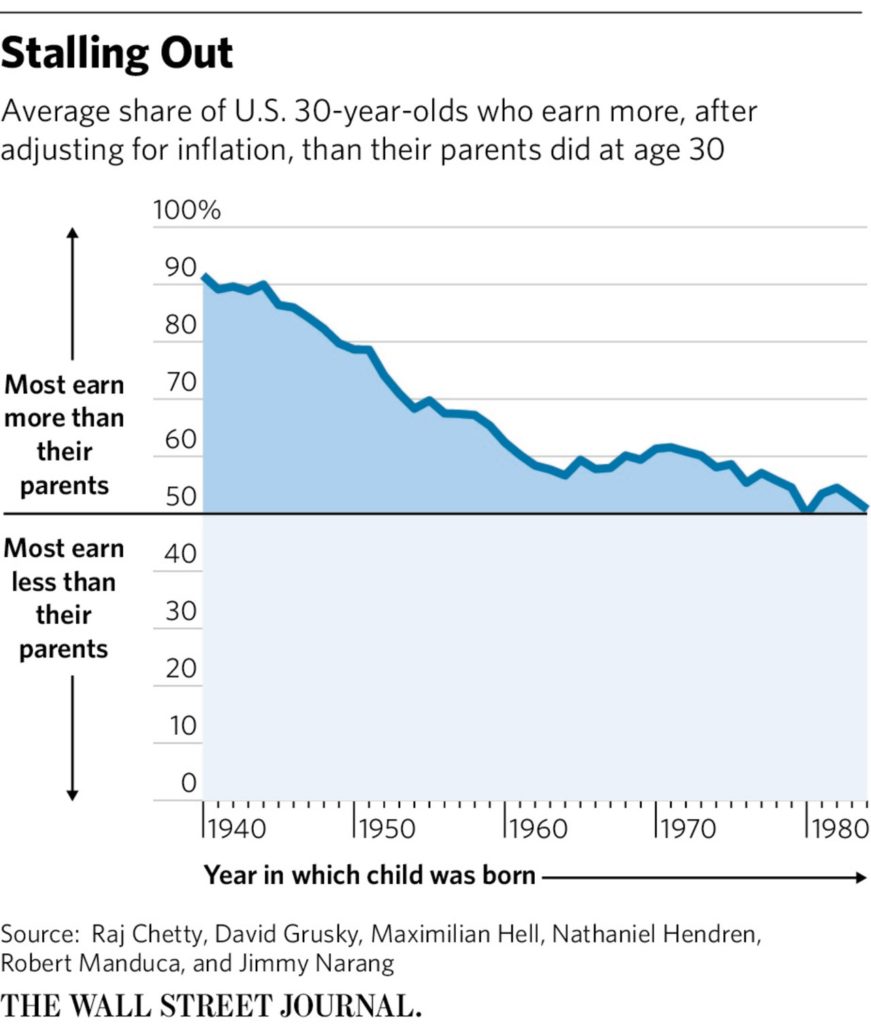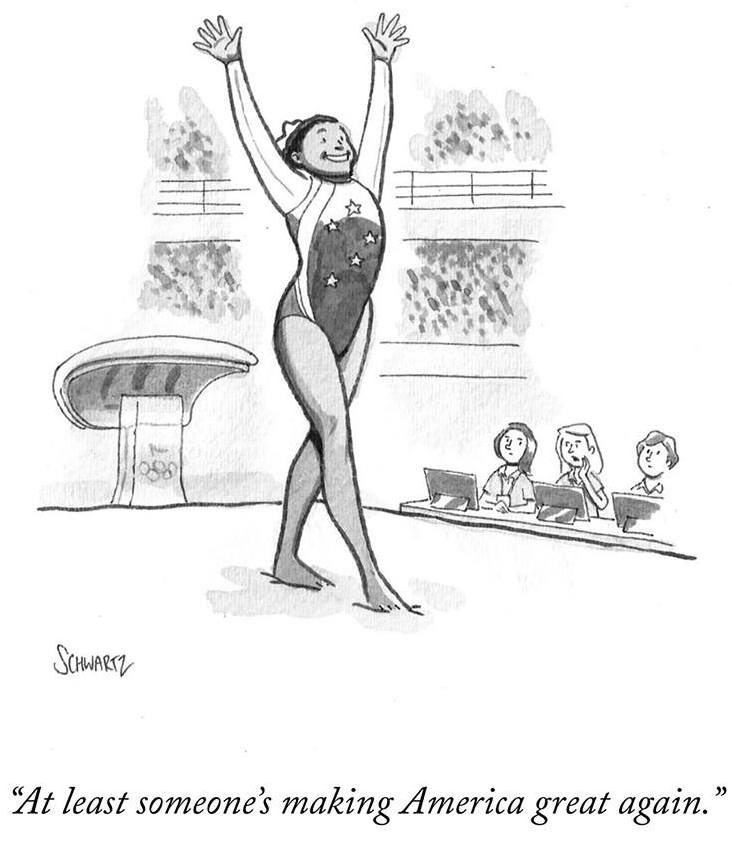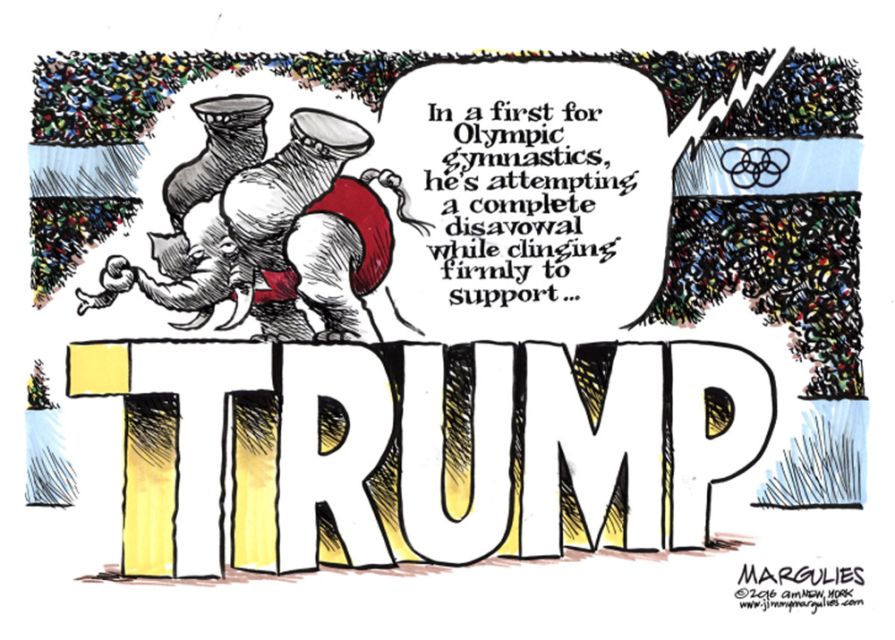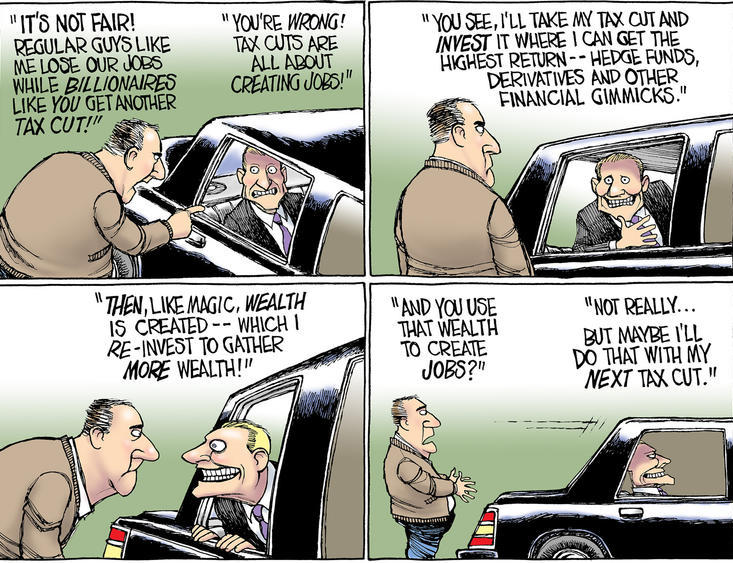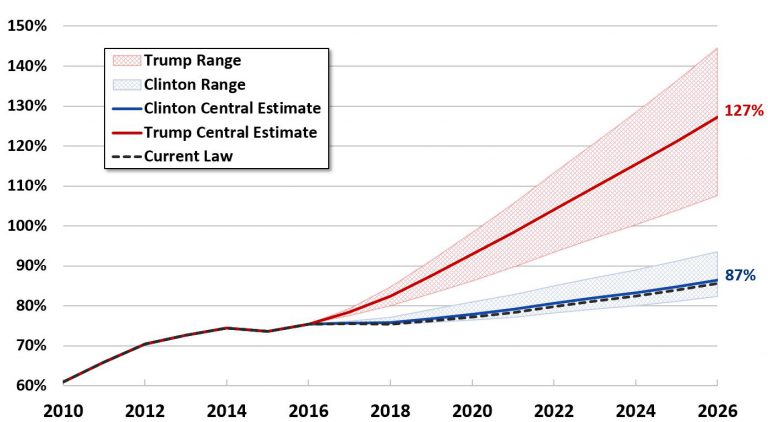From Ian Welsh: (brackets by the Wrongologist)
Trump is now Team Trump. The two most influential people in his court appear to be his son-in-law, [Jared] Kushner, a fellow real-estate developer and the guy who made the key strategic decisions which led to Trump’s victory; and {Steve] Bannon. Bannon is an economic nationalist with white nationalist leanings, who identifies with the working class and wants to bring manufacturing back to America. He’s quite willing to have a trade war to do it.
And while we are at it, Wrongo is sure that all of the Goldman Sachs alligators Trump is dumping into DC’s undrained swamp have lots of winning in mind for America. Welsh adds:
Trump’s children are influential, and it appears that Ivanka, his daughter, is the most influential of the three. She’s probably the most liberal person in the administration (even if she, strictly speaking, isn’t in the administration.)
Despite Welsh saying Ivanka won’t be in the administration, US News reported that she will set up shop in the White House space usually set aside for the first lady, which is in the East Wing. That sounds like influence!
With almost five weeks remaining until the inauguration, attempting to understand what Trump’s administration will do to you (or for you, if you are a fan), is America’s favorite holiday party game.
Trump has loaded up on oligarchs and generals to help steer his thinking on policy. More from Welsh: (brackets by the Wrongologist)
So, for example, his shift on China policy [to confrontation] is in alignment with what a lot of generals think (China is the real threat) and with what Bannon thinks (manufacturing jobs, economic nationalism.)
In some ways, Trump’s China policy is a continuation and extension of existing policy, but his style is confrontational, and more focused. All of Trump’s complaints about Chinese actions are long-standing US complaints that had not been addressed by previous administrations.
When we look at Trump’s team, they are anti-labor, pro-corporatist, pro-Wall Street, pro-MIC, Big Oil, Big Coal, climate changing denialists. With Pruitt @ EPA, Perry @ Energy, and Ryan Zinke @ Interior, all the news looks bad for those of us who want to see more alternative energy and a radically improved global environment. And Price @ HHS will have the largest and quickest negative impact on Americans.
These proposed cabinet appointments are not the source of any Christmas cheer if you favor our current domestic policies.
And it will get worse: Congressional Republicans told BuzzFeed News that the GOP plans to re-introduce the First Amendment Defense Act. The act prohibits the federal government from taking action against private businesses and individuals that discriminate against LGBT people (or others) due to their “sincerely held religious beliefs.” Trump has already stated his support for the First Amendment Defense Act:
If I am elected president and Congress passes the First Amendment Defense Act, I will sign it to protect the deeply held religious beliefs of Catholics and the beliefs of Americans of all faiths…
We got to this precipitous place after a very close election. Paul Campos tells us that the US has recorded the popular vote in 34 US presidential elections (despite having had 57 of them), and Trump received the smallest share of the popular vote of any winning candidate in US presidential election history, if we exclude elections which featured a significant third-party vote.
Jacob Levy points out that Trump eked out victories in Pennsylvania, Michigan and Wisconsin, and therefore the presidency, by a combined 80,000 votes across those three states.
That is a .05% vote margin in a 137 million vote election.
This is why vast numbers of people head into the holidays scared for their families and future.
So you need an Xmas soother. It’s not bad enough to be late in buying presents for people who you know will be disappointed when they open them. Now you gotta deal with Team Trump, and all of the winning we will see in the next four years.
Here are the Piano Guys with O come, O come, Emmanuel. It was filmed at the Church of Jesus Christ of Latter-day Saints Jerusalem Movie Set in Goshen Utah:
Those who read the Wrongologist in email can view the video here.

